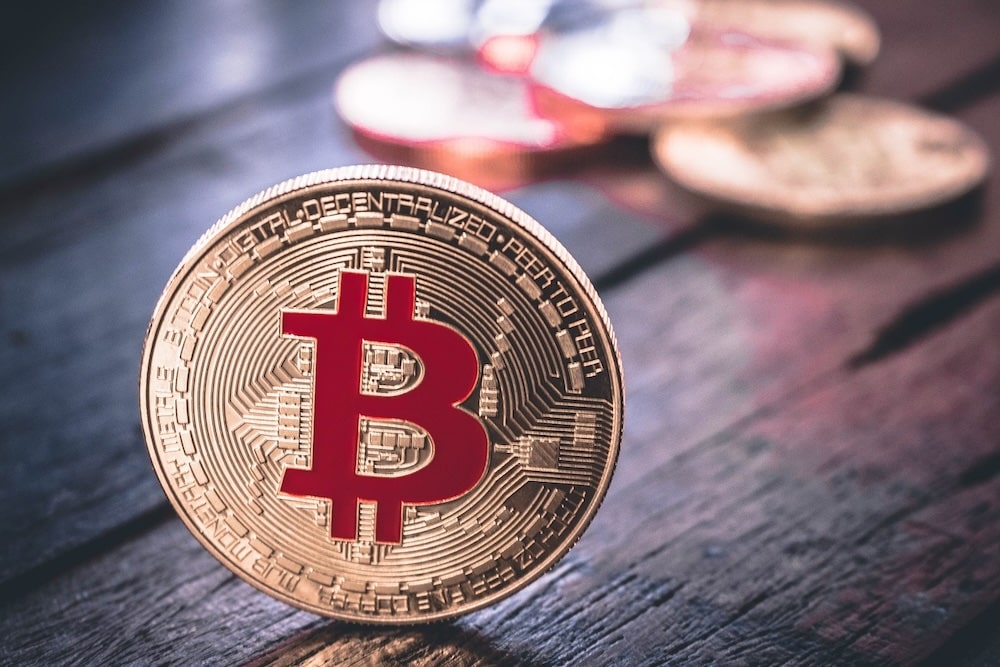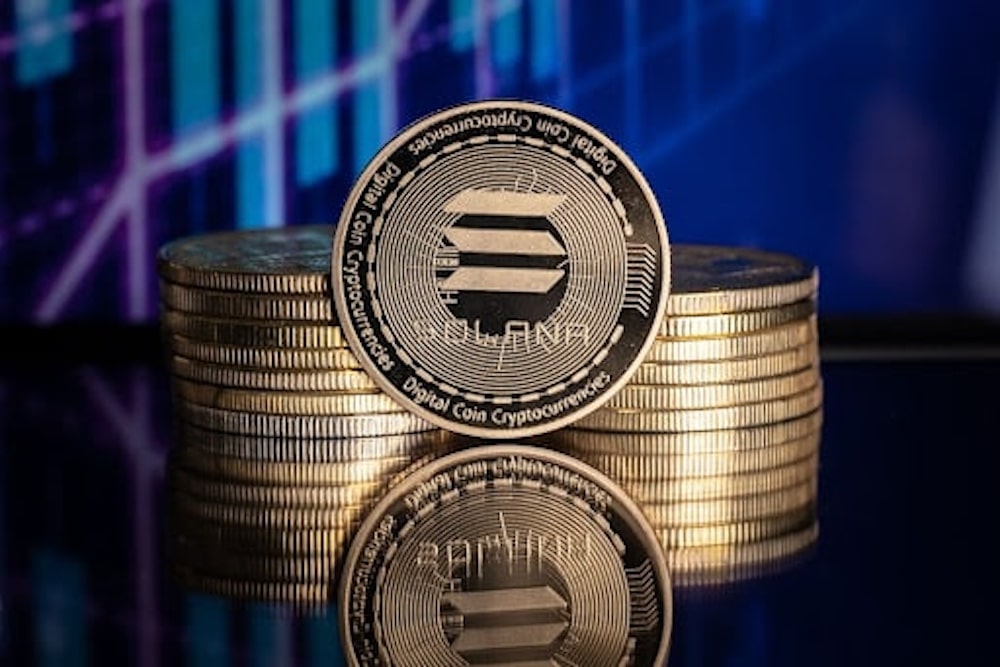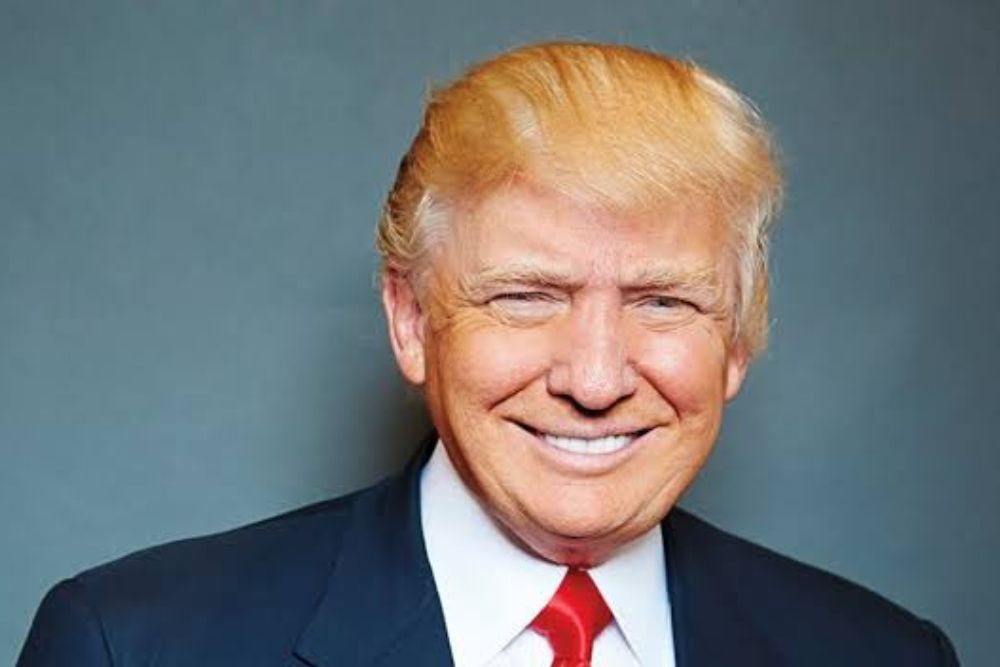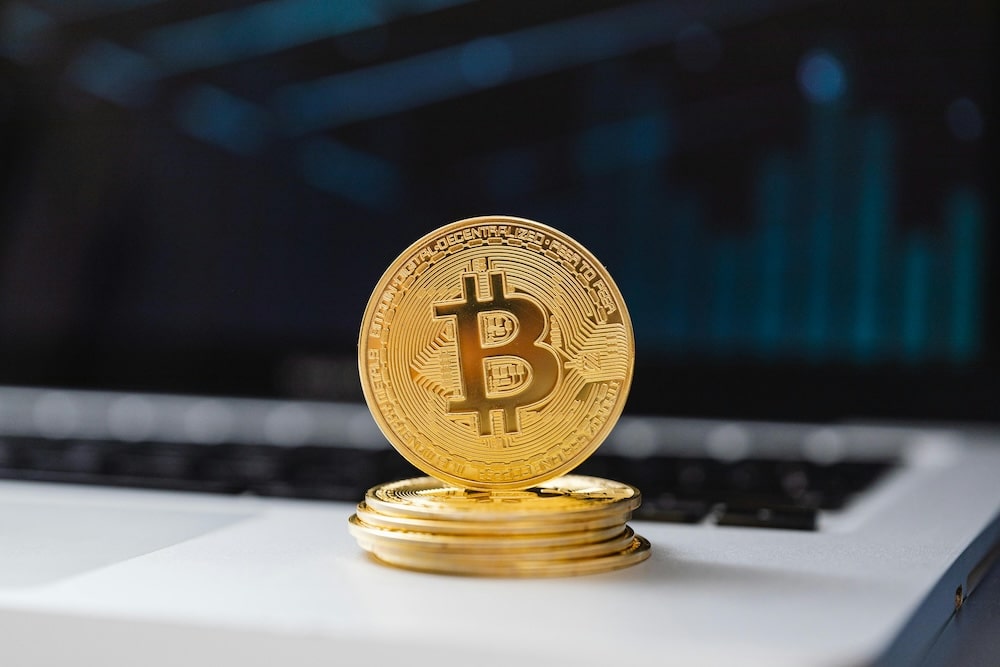Hong Kong is preparing to strengthen its position as a global crypto hub as its regulatory body, the Securities and Futures Commission (SFC), plans to implement a regulatory framework for stablecoins.
The regulations, expected to be released this year, are designed to strengthen oversight and provide clearer guidelines for the growing stablecoin market in the region. This shows the SFC’s commitment to securing digital asset stability and mitigating risks for investors.
A Transparent Framework
The framework will outline essential requirements for stablecoin issuers, such as reserve management, transparency, and operational safeguards.
Stablecoins, designed to maintain a stable value over time, have grown in popularity because they are more stable than more volatile crypto assets like BTC and ETH.
The Financial Services and the Treasury Bureau (FSTB) and the Hong Kong Monetary Authority (HKMA) also issued a consultation paper in December 2023 on a proposal to regulate fiat-referenced stablecoin (FRS) issuers in light of the potential monetary and financial stability risks posed by FRS.
Circle Responds to Proposed Stablecoin Regulations
In line with the stablecoin regulation, Circle, a stablecoin issuer, submitted its response to the Hong Kong Financial Services, the Treasury Bureau, and the Hong Kong Monetary Authority (HKMA) on the proposed regulations for stablecoin issuers in Hong Kong.
Circle further noted that well-regulated stablecoins can drive the growth of Hong Kong’s Web3 ecosystem and strengthen its position as a global financial center.
Circle also agreed with the authorities that the FRS issuer must ensure that the FRS remains stable, which is critical for a trusted store of value.
Slower-Than-Expected Progress
Meanwhile, Hong Kong started crypto licensing in June 2023, which allowed licensed exchanges to offer retail trading services.
Progress has been slower than expected. Only three platforms have been fully licensed so far, while another 11 platforms are “deemed-to-be-licensed.”
The region’s regulator has concluded the initial round of onsite inspections and instructed these applicants to implement the required adjustments.
China’s Regulatory Commission has also introduced a new licensing system for crypto over-the-counter (OTC) and custody services and is seeking feedback from the industry.








